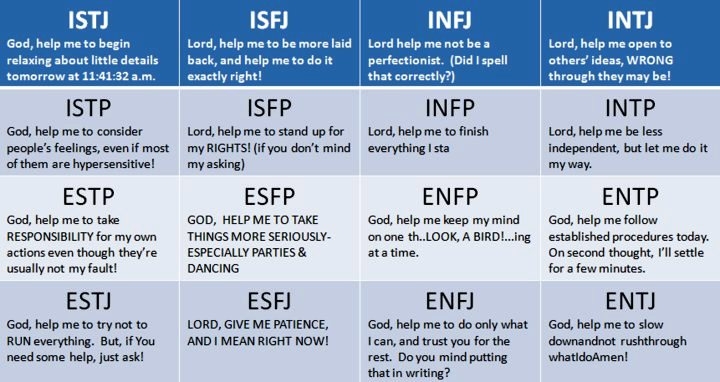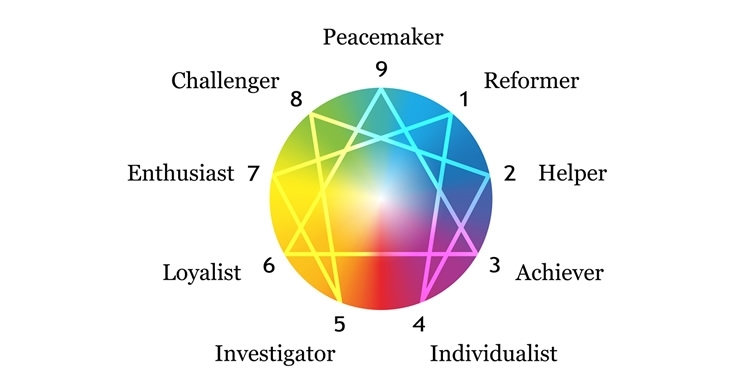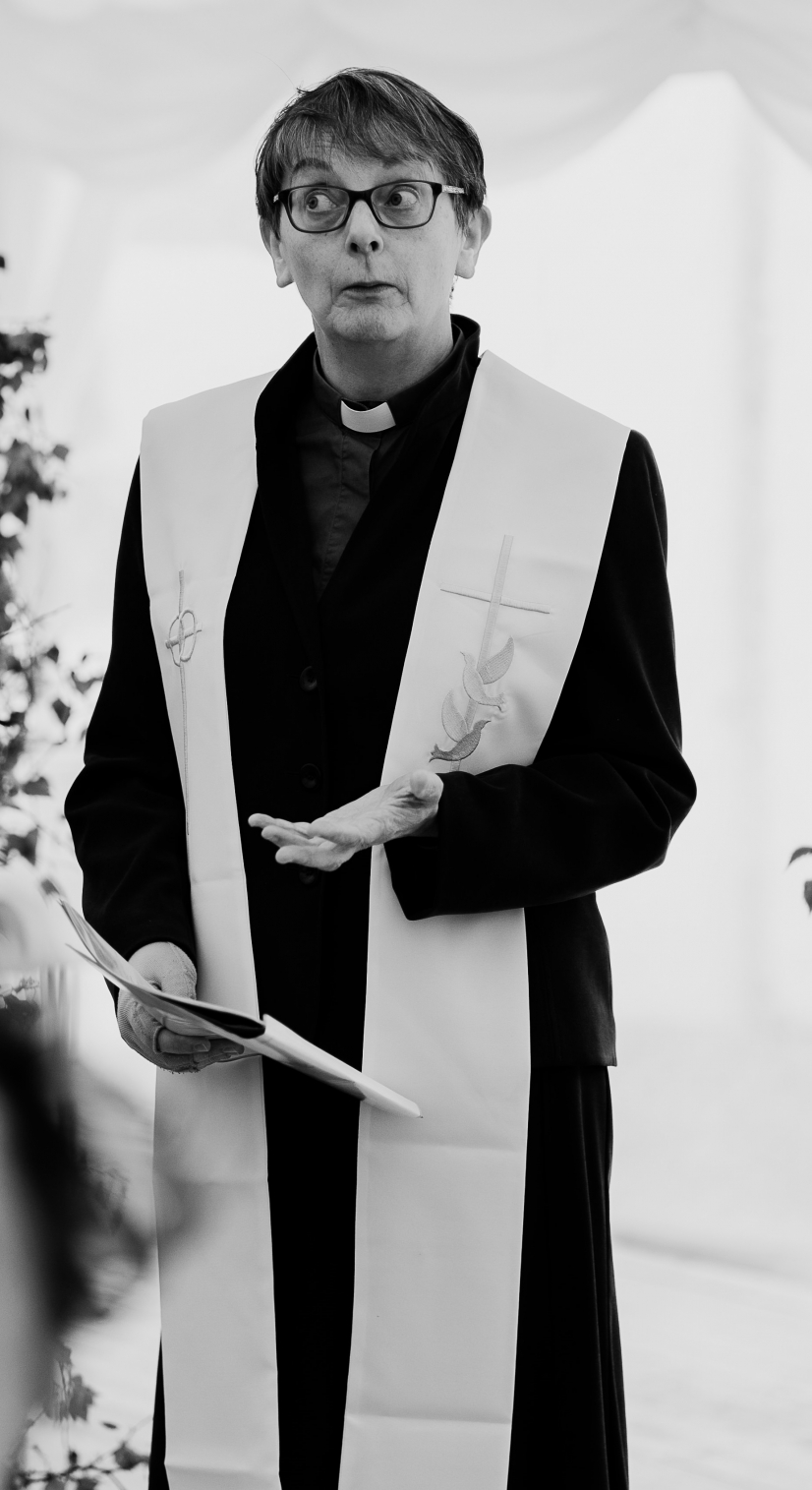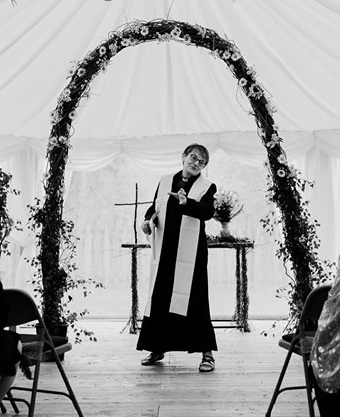This morning saw the start of our summer series looking at 'Aspects of Spirituality'. In a change from recent years we are sticking with a more traditional format, so that most weeks most of us will stay together most, if not all, the time.
I was proud of how people engaged with the ideas around the relationship of 'personality' with 'how we might relate to God'. I hope that I communicated adequately that there is no 'better' or 'superior' personality, and that we are all 'fearfully and wonderfully made', that God delights in us, and God wants us to flourish.
The enneagram is possibly quite trendy just now, though I've been aware of it for around twenty years. Using some work by German Roman Catholic writers (!) we were able to make some links between the way we 'are' and how we might 'encounter God' in forms of contemplation. (One premise of the stuff I've read is that for everyone there is a form of contemplation that will work).
I also fleetingly mentioned the good old Myers Briggs and used this graphic of the MBTI prayers. Enjoy...



